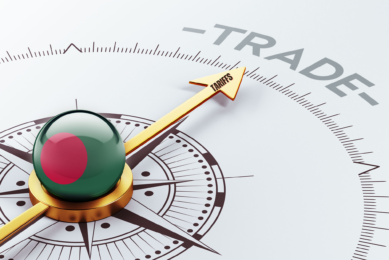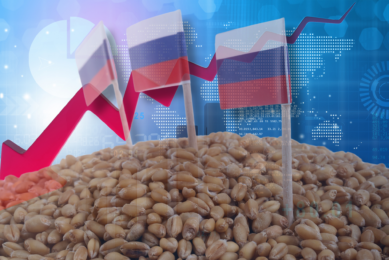Ethical seafood project nominated for excellence
The University of Stirling, Scotland was nominated for the Times Higher Education Award for International Collaboration of the Year for its leadership and coordination of SEAT.
This was the 7th year of the award that celebrates excellence and amazing achievements in teaching and research. The project has received €5.8million from EU in funding, through the seventh framework programme (FP7)
SEAT aims to enhance the trade of farmed seafood (aquaculture) between the EU and Asia. Farmed seafood in South and Southeast Asia has become an important driver for economic growth in the region.
“We’re importing a huge amount of seafood, which traditionally came from our own seas, and more recently comes from fishing agreements with other countries, or from farmed fish, often from developing countries in Asia” explains David Little, the SEAT project coordinator and senior researcher at University of Stirling.
In Europe, a premium is typically placed on high quality products that come from a system that takes animal welfare, fair trade, environmental impact and food safety into account. Therefore meeting these criteria has economic benefit for developing countries, as well as environmental and social.
Sustainability awareness
“We’re not only making sure the food is safe, which it is, but also that it is beginning to attain some of the other sustainability objectives that most European consumers want,” explains Little.
“We want to make sure that the welfare of the animals produced is good and we want to make sure that the people working in these value chains, whether farm owners or farm workers, are not badly treated.”
The project is concentrating on the farmed seafood in four Asian countries – China, Bangladesh, Thailand and Vietnam – and in particular the trade of four commodities: shrimp; freshwater prawns; pangasius and tilapia fish.
Partners
There are 13 partners based in Europe and Asia, which all work on different aspects of the trading system. “Whether they are looking at making the value chains run better, or whether they’re looking at the specifics of potential contamination, for example, from the run off of pesticides, we want to make sure we’re working with people who can improve the ethical trade of the aquaculture in these developing countries,” says Little.











